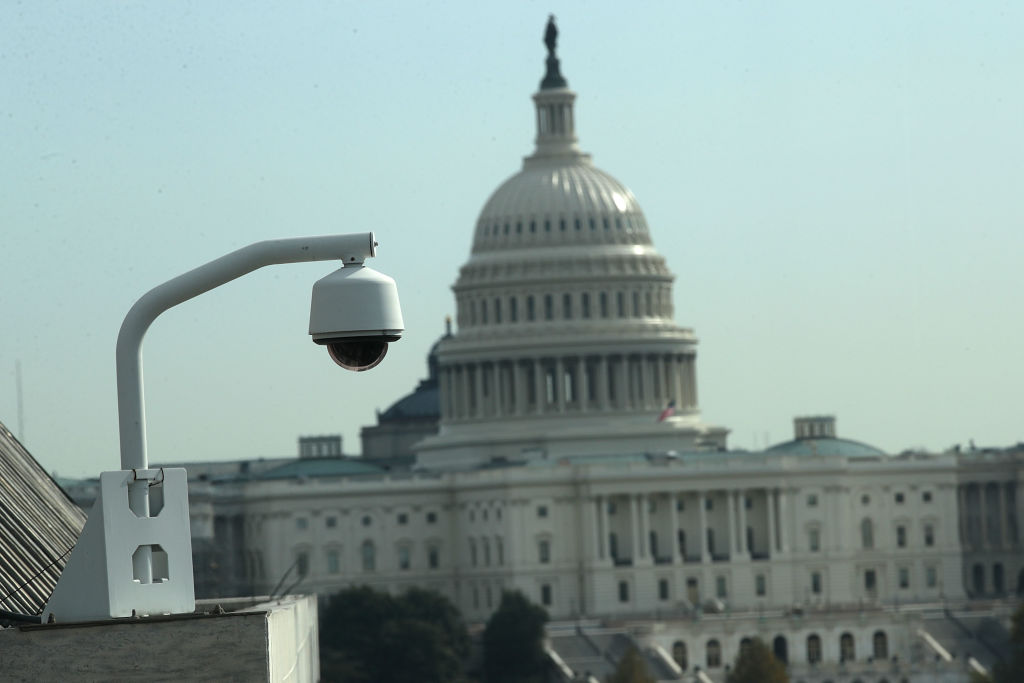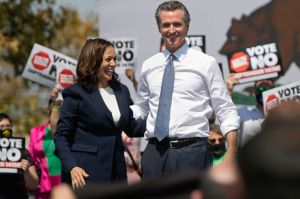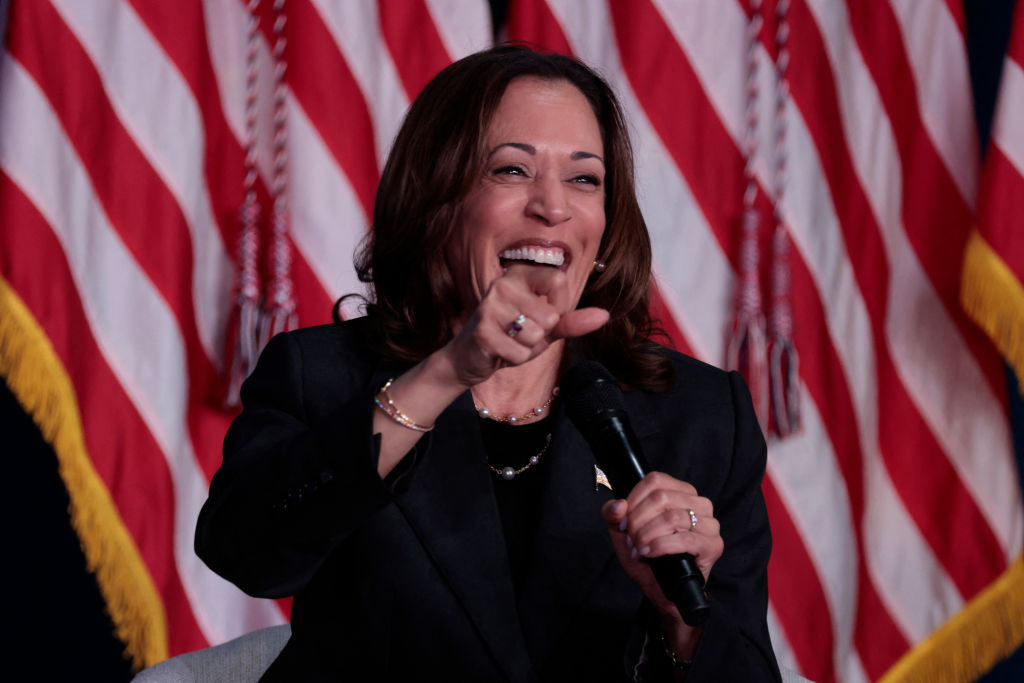Three American cities now require or likely will soon require businesses to give police access to their private surveillance footage. Leaders of all three cities see it necessary and cite rising crime. But privacy advocates decry the proposals as another example of the USA becoming the United Surveillance States of America.
Houston became the first city to enact such rules. It’s part of Mayor Sylvester Turner’s federally funded One Safe Houston initiative. Turner announced it in February following a series of officer-involved shootings coupled with several dozen murders.
“I don’t want to see any more carnage on our streets or in front of these businesses,” the mayor told reporters after the ordinance passed in April. “If a camera can deter or find someone and get them off the street, I am for it.”
Similar words of support came from Turner’s allies on the city council. “Today, we are letting people know, if you are loitering outside of convenience stores, sexually oriented businesses, bars, and committing crimes, we will see you on camera,” vowed Mayor Pro-tem Martha Castex-Tatum. “And if you are committing those crimes, we will make sure that you will pay the penalty for causing a nuisance in the City of Houston.”
The rules are relatively simple. Nightclubs, bars, strip clubs, gaming rooms, and convenience stores must install security cameras and store surveillance footage for 30 days before erasure. They must also turn over video to police within three days of a crime happening. Those that don’t face a $500 fine.
Much like Houston, San Francisco police want access to non-city-owned cameras. What’s different, and possibly scarier, is SFPD’s desire for real-time access to surveillance footage. City politicians and police claim it will streamline the process of finding criminals by helping police response times.
“[W]e can watch video footage after the fact,” said San Francisco Police Chief Bill Scott last November to KGO when asked when officers look at security cameras. “Definitely we do our due diligence with sources of information from the community at large. We network with other law enforcement agencies, so we get it however we can get it and look, we just have to work with what we have.”
Mayor London Breed remains steadfast in her championing of the security footage access proposal. Her support falls back on the notion that there’s no way to protect San Francisco without police getting real-time access to footage.
“We want the police and the District Attorney’s office to be able to solve crimes and hold the persons accountable who are responsible for the criminal activity that make us all feel less safe,” Breed declared last month on Medium. She added, “Video can also be used to prevent mistakes — I’ve known people who were falsely accused and falsely prosecuted and video footage can help make sure that those life-changing and devastating consequences don’t happen.”
What’s holding up San Francisco from finalizing the rules is the public outcry. The Board of Supervisors decided last week to delay any action on the warrantless surveying until September. Part of that has to do with amendments proposed by Supervisor Aaron Peskin that put a sunset feature on the proposal. Breed made her own amendments, no doubt hoping to appease civil liberties groups, including requiring police get permission from home and business owners before they look at real-time footage.
San Diego’s proposed law involves a series of cameras installed in LED lights. The city originally portrayed the LED lights as part of a smart city project meant to crunch traffic and pedestrian data. A San Diego Union Tribune analysis found that the cameras tend to be placed among minority populations: 9 percent in predominantly black neighborhoods and 33 percent in Latino neighborhoods. Whites neighborhoods make up 39 percent of those under surveillance. Meanwhile, blacks make up 6 percent of the city population and Latinos 30 percent. The cameras record footage, but police claim to have no access to it.
This prompted the City Council to consider rules on data collection. The big fight involves whether police officers on federal task forces should get an exemption in revealing how the data is used. A final City Council vote is expected in the near future.
Privacy and surveillance advocates are alarmed by all this.
“The real danger to my mind of these programs is about the aggregate effect of searchable video recording across a city, rather than the use of video in isolated cases,” said Julian Sanchez, a senior fellow at Cato Institute, adding, “Now we’re not talking merely about the ability to see what happened at a particular crime scene after the fact, but a capability to track the movements and activities of individuals — or types of individuals — around a city in a pretty comprehensive way.”
Other privacy advocates scoff at the very idea behind these policies. “Surveillance cameras don’t prevent crime,” said Greg Nojelm, senior counsel at the Center for Democracy and Technology. “Instead, they are used to find perpetrators after the crime has already been committed. The most they can do is move some of the criminal conduct to the next block or the next neighborhood.”
Both Sanchez and Nojelm, along with groups like the ACUL and EFF, view the surveillance ordinances as violations of the Fourth Amendment. They’re right, and we should consider whether lowering crime is worth being spied upon.

























